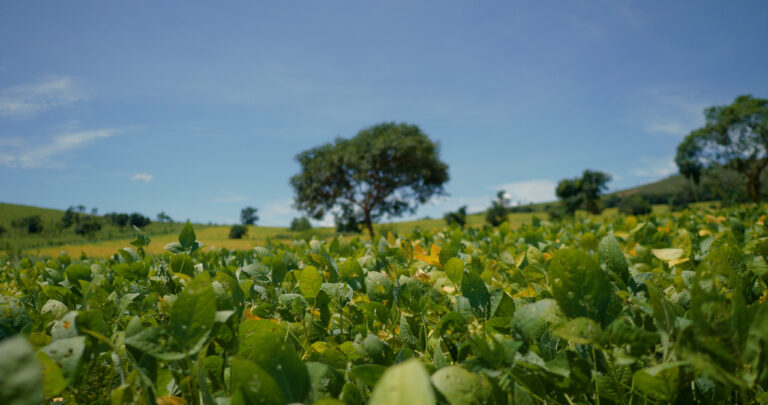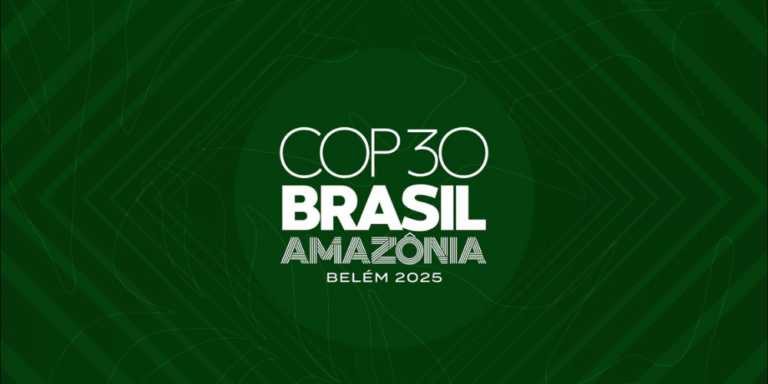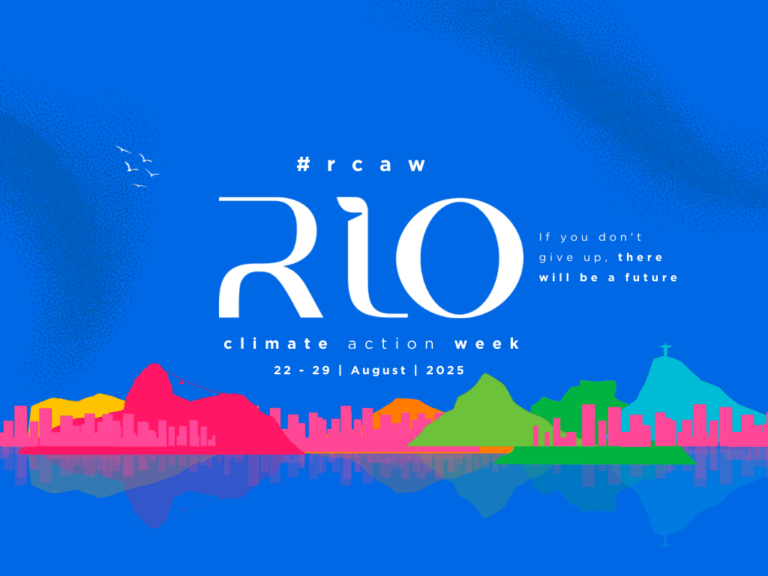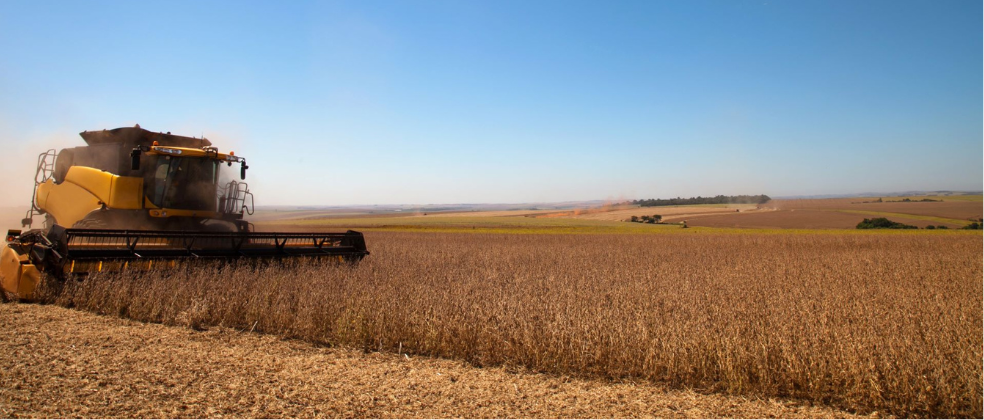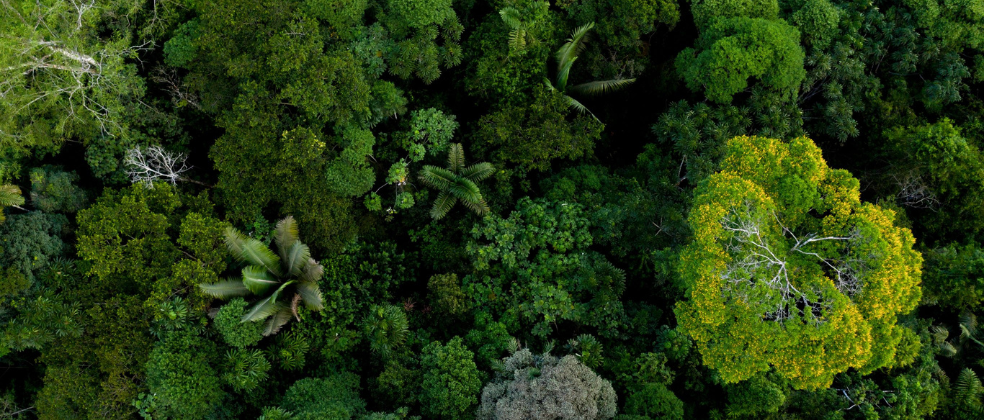The Responsible Commodities Facility (RCF) Cerrado Programme fund has been expanded more than four-fold to US$47 million, through an innovative blended finance structure.
The RCF was launched in August 2022 with an initial investment of US$11m by Tesco, Sainsbury’s and Waitrose. For the 2023/24 growing season the RCF Cerrado Programme expanded with an investment of US$ 36.24 million from commercial banks Santander, Rabobank, and impact fund AGRI3, thereby leveraging the impact of the initial investment made by the food retailers.
“As a cooperative bank we believe that only by working together can we drive the food system towards a more sustainable future. Deforestation is a global challenge and major contributor to climate change. The Responsible Commodities Facility is the result of collaboration between various value chain stakeholders building a scalable solution to tackle the deforestation challenge. Rabobank is proud to be investing into this innovative facility.” Michiel Teunissen, Global Head TCF Agri, Rabobank
“We are continuously looking for partnerships that allow us to develop new and innovative ways to support businesses with a focus on environmental, economic or social sustainability. In the case of this green bond, in addition to the protection of an important biome like the Cerrado, there was also the engagement of different agents involved with financial services and the food supply chains – from the producer to the retailer, which made it possible to expand the reach and impact of the initiative.” Maitê Leite, Institutional Vice President, Santander Brasil.
The capital is used to offer low-interest loans to farmers who comply with the RCF’s eligibility criteria and commit to zero deforestation of native vegetation for expansion of soy cultivation, and to maintain in their farms forest cover over and above the minimum required by law (“excess native vegetation”), preventing negative climate impacts and loss of natural habitat.
In the 2023/24 season, the programme will provide finance to 122 farms, producing more than 260,000 tonnes of soy, resulting in the conservation of around 43,400ha of native vegetation, 11,300 in excess native vegetation, that will protect over 20 million tonnes CO2 carbon stocks.
The Cerrado biome, which lies mostly in Brazil, is the world’s most biodiverse savanna, and it is under threat from deforestation, mostly driven by the expansion of soy cultivation. The participating farms are located in the Matopiba, Goiás, and Mato Grosso regions, areas at risk of deforestation, native vegetation conversion and biodiversity loss.
“We’re pleased the RCF is now attracting investment from capital markets, amplifying the impact of the original investments made by Tesco and other supermarkets, taking it beyond the initial pilot phase. This combination of sources of capital is essential to scale up the RCF, help reduce deforestation and conversion, support producers on the ground and support the sector in meeting both voluntary commitments but also supporting compliance with upcoming legislation, such as the EU DR.” Claire Lorains, Group Quality, Technical and Sustainability Director at Tesco.
Impact fund AGRI3 will support a mezzanine tranche and also provide funding for technical assistance to assist RCF farmers to start moving towards more sustainable agricultural practices.
“AGRI3 is excited to support the expansion of this facility through our participation in the mezzanine tranche. The RCF is a strong match with the fund’s goal to mobilise commercial capital to support forest protection and promotion of sustainable agriculture, and builds on and expands AGRI3’s existing investments in supporting deforestation-free supply chains in the region.” Nick Moss, Managing Director, AGRI3.
The initiative is financed through a first-of-its-kind approach: dollar-denominated green bonds (CRAs – Certificates of Receivables from Agribusiness) registered in the Vienna Bourse and B3 Stock Exchange (Brazilian stock exchange). US cocoa and chocolate product manufacturer Barry Callebaut, also provided financial support for the structuring of the initiative.
SIM is working with Opea Securitizadora, and Traive a credit risk and collateral management company specialised in the Brazilian agribusiness, and Pinheiro Neto Associates acted as legal counsel for the structuring. Santander acts as the lead coordinator of the Brazilian tranche.
“Following a successful first season, where all loans were repaid and no deforestation took place, the programme is now being rapidly scaled up to ensure more soy is produced as Deforestation and Conversion free (DCF). We are excited to be working with our new investors, to strengthen our capacity to scale this initiative now and for the future.” Pedro Moura Costa, SIM CEO.
